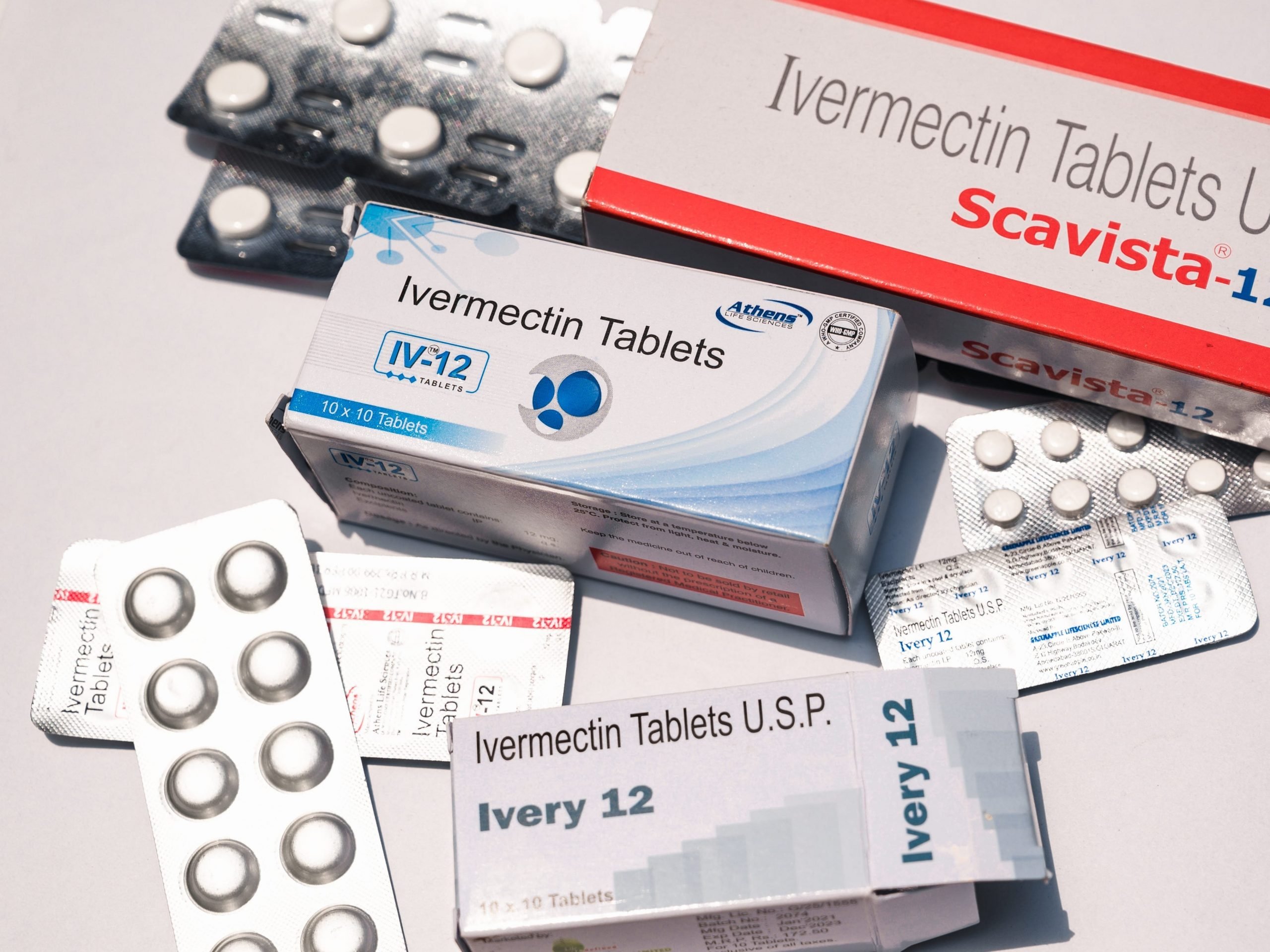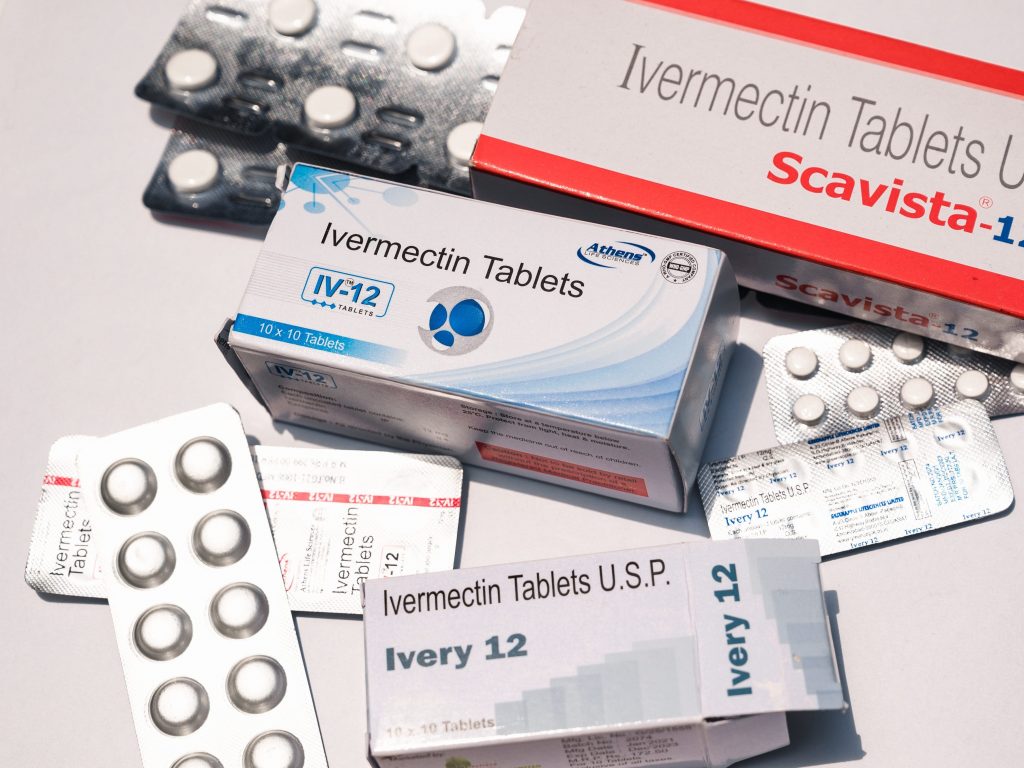
Photo by Soumyabrata Roy/NurPhoto via Getty Images
- The Food and Drug Administration has not approved ivermectin as a COVID-19 treatment.
- Livestock or animal formulations of ivermectin are highly toxic in humans.
- Ivermectin may cause symptoms such as rashes, vomiting, and abdominal pain.
- Visit Insider's homepage for more stories.
On Friday, an alert issued to healthcare providers in Mississippi said that the state's Poison Control Center received an influx of calls from individuals with potential exposure to ivermectin – a product used to treat roundworms and other parasites – which they had taken to treat or prevent COVID-19 infection.
While ivermectin can be used by both people and animals, at least 70% of recent calls were related to ingestion of animal formulations of the anti-parasitic agent from livestock supply centers, the alert said.
Symptoms associated with ivermectin toxicity include rash, nausea, vomiting, abdominal pain, neurological disorders, and hepatitis.
The Food and Drug Administration (FDA) has provided a list of approved drugs and treatments, including vaccines, to prevent COVID-19 infection; ivermectin has not been approved.
"For one thing, animal drugs are often highly concentrated because they are used for large animals like horses and cows, which can weigh a lot more than we do – a ton or more. Such high doses can be highly toxic in humans," the FDA said in a consumer update: "Many inactive ingredients found in animal products aren't evaluated for use in people. Or they are included in much greater quantity than those used in people. In some cases, we don't know how those inactive ingredients will affect how ivermectin is absorbed in the human body."
In March, Missouri's Poison Center also experienced an uptick in calls related to ivermectin toxicity. Centers for Disease Control and Prevention (CDC) data shows that Missouri and Mississippi have relatively low vaccination rates- 44% and 37%, respectively - compared to the rest of the country.
No hospitalizations due to ivermectin toxicity have been directly reported to the Mississippi Poison Control Center or the Mississippi State Department of Health, according to the alert.
